0
You have 0 items in your cart
Compulsory Secondary Education (ESO) lasts for four years. At this stage, the students consolidate the skills, abilities, competences and knowledge that everyone needs in order to function effectively in society. Learning projects, problem-solving, teamwork and the acquisition of basic skills therefore form a vital part of the curriculum planning and organisation, creating a personalised learning model for the students.
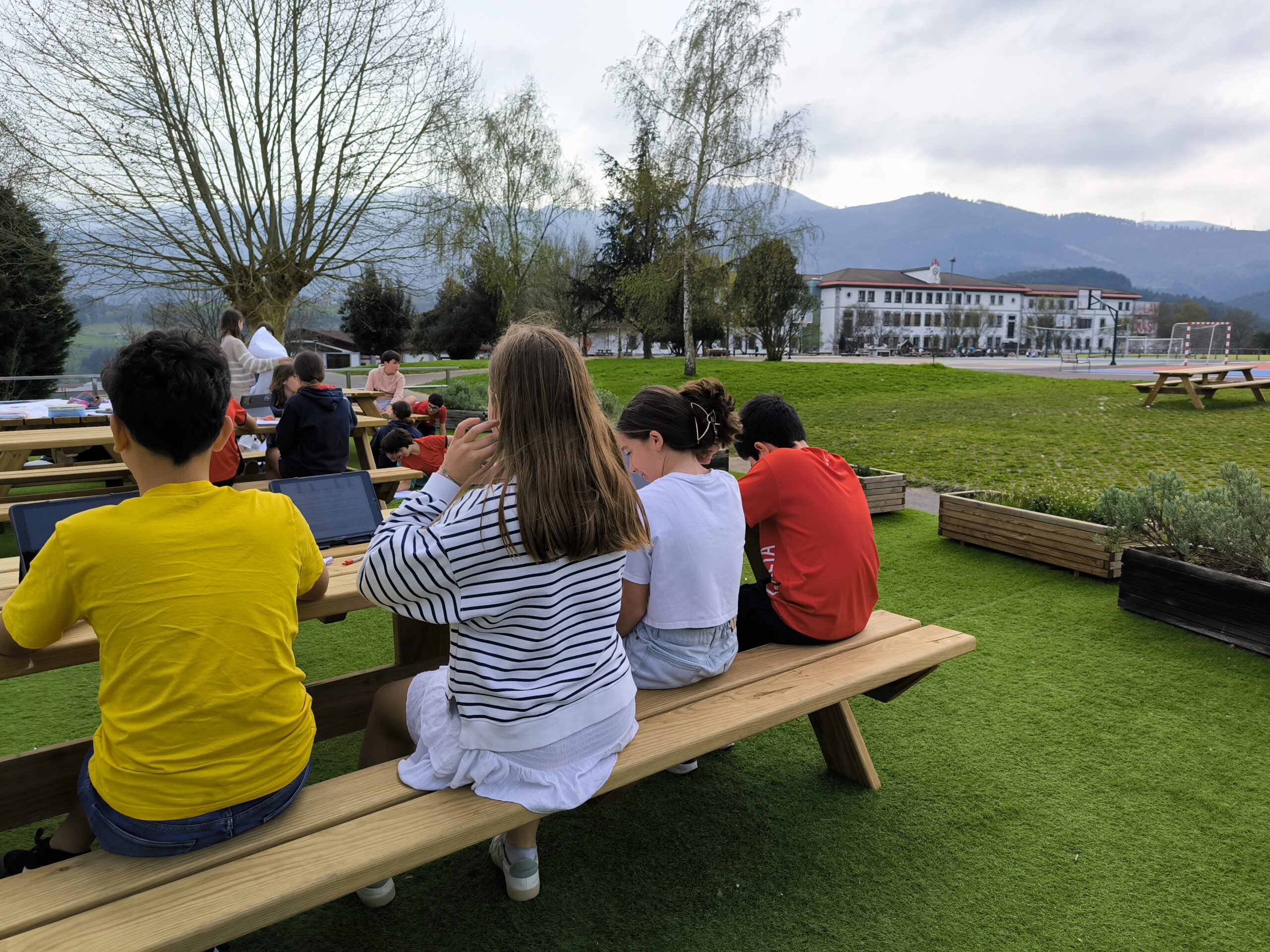
The aim of skills-based work is for the students to develop a series of skills that will allow them to take on their own personal challenges and enhance their capacity for happiness. The goal of skills-based learning is not merely «knowledge» but also «know-how». This knowledge is applied and can be adapted to different situations and contexts, giving our students the ability to cope in life. Conceptual content is still important in this approach, although it is a means for achieving it rather than an aim in itself.
In project-based learning, the students research motivating topics with real-life problems like science, art, society, technology or mathematics. They engage in group work using the available technology and various sources of information to carry out different tasks.
Project-based learning has many advantages: it brings together concepts and principles from one or more subjects, it motivates the students to research together to solve problems, it enables them to work independently to generate their own knowledge, and it helps them obtain objective, realistic results.
From the 3rd year of secondary education, in addition to Basque, Spanish and English each student can choose the option of learning another foreign language (French or German), in accordance with their needs or interests. The “Speaking” activity helps enhance the students’ communication capacity in English.
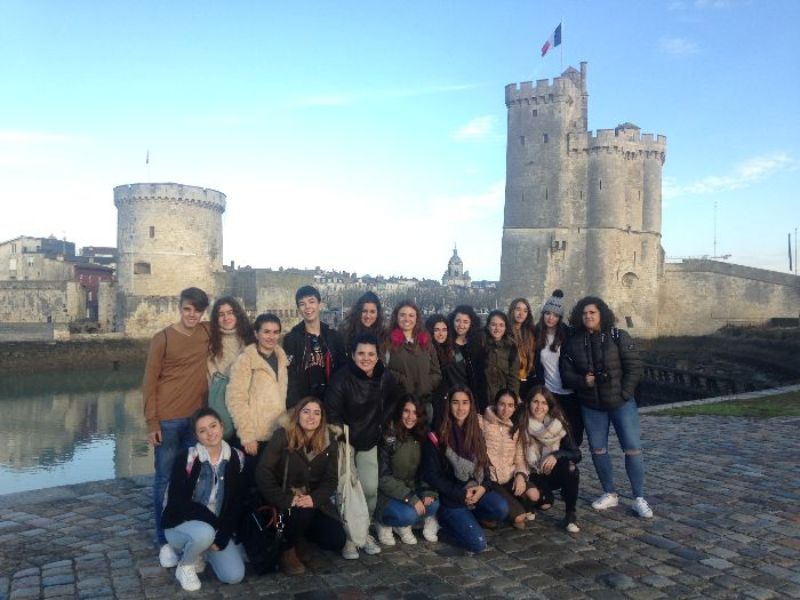
For the future of the Lauaxeta Ikastola students, it is vital for them to be open to the world. With this in mind, the students in the fourth year of secondary school take part in a project geared to improving their communication skills in English, in collaboration with the Sint Jozef Humaniora School in Bruges.
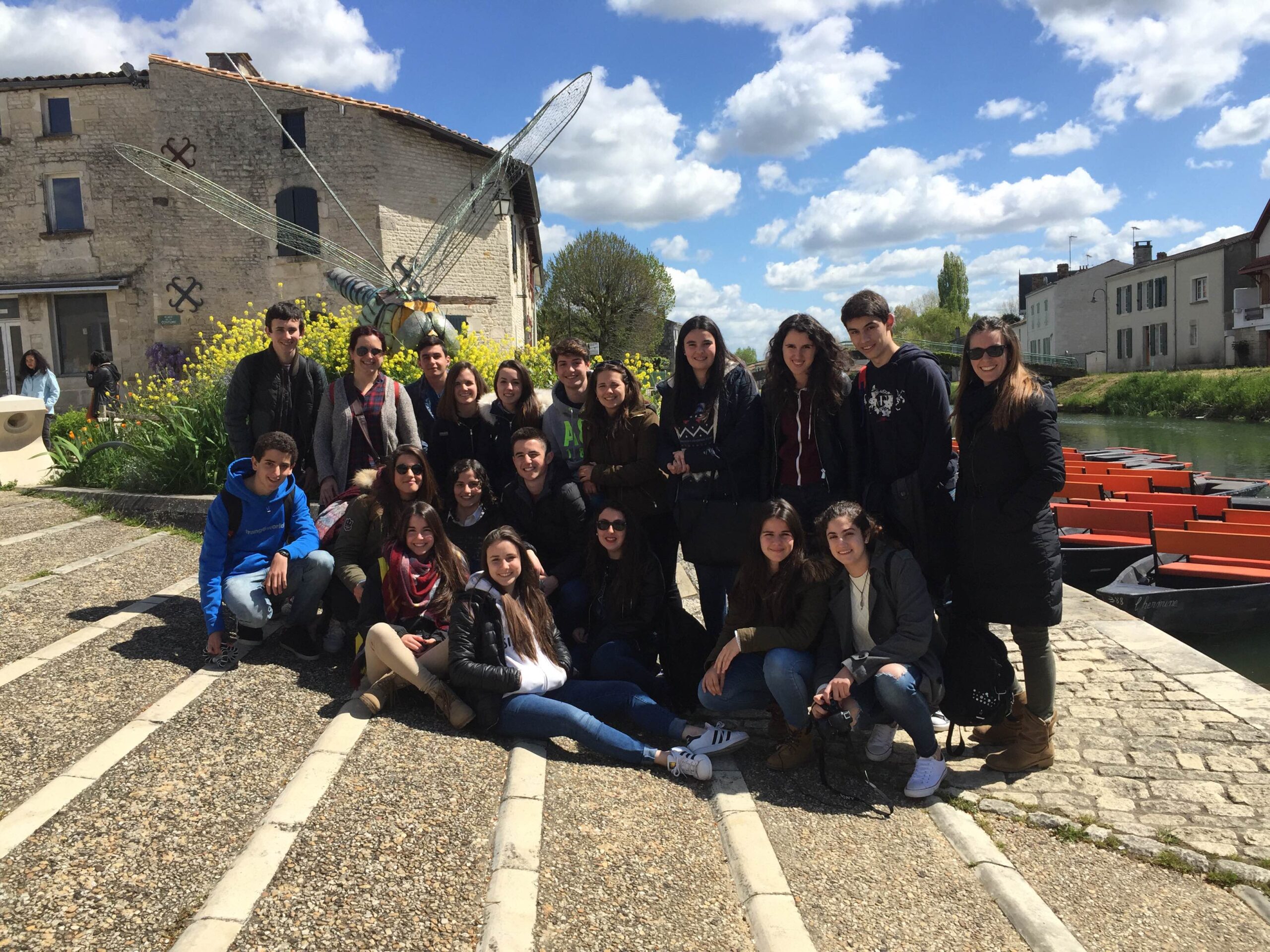
The students have the chance to sit the official Cambridge exams at the Ikastola school itself. The English teachers provide the necessary guidance so that they can take the exam best suited to their level of English.
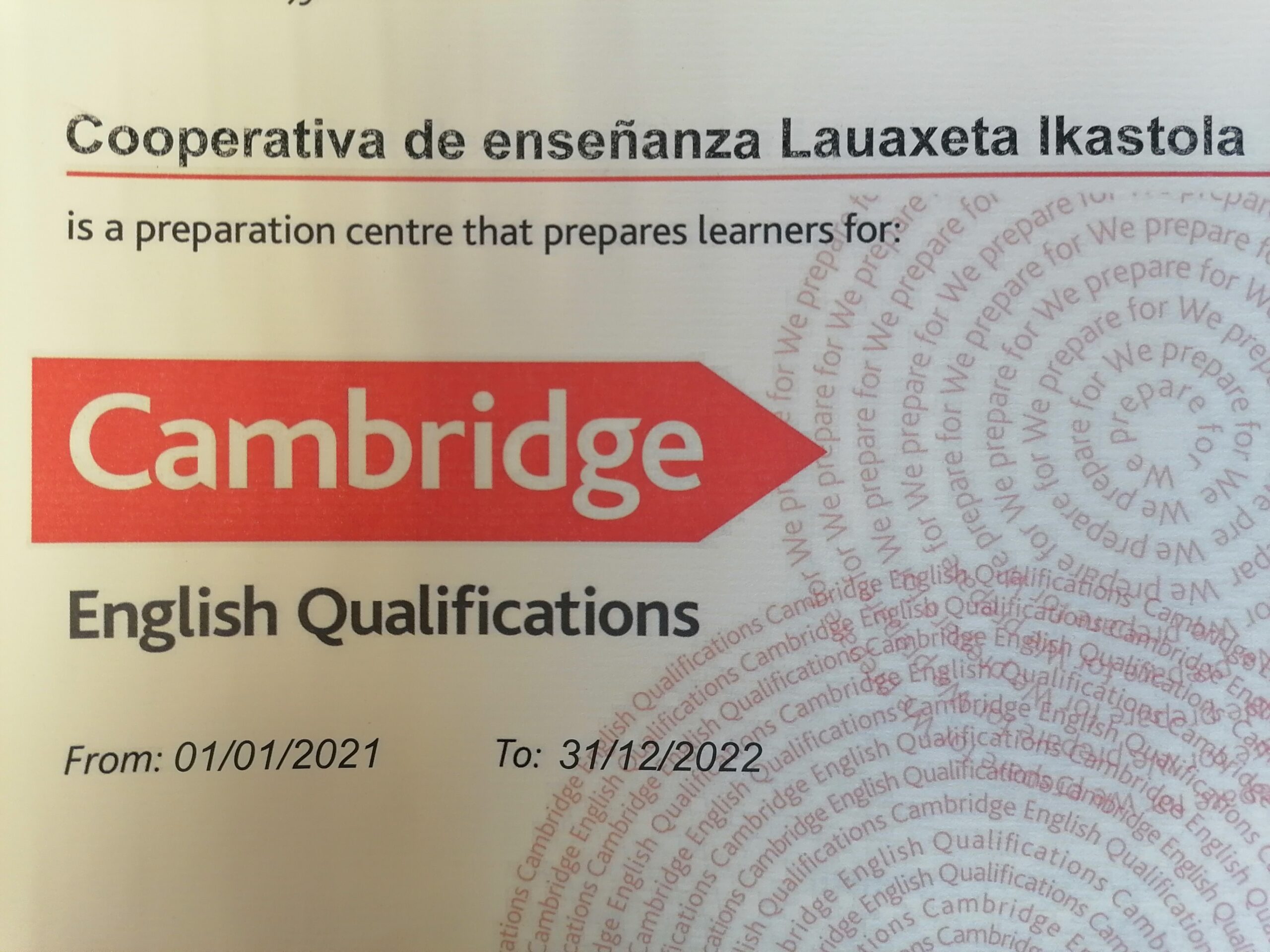
We tailor the English learning process so that each student can advance at their own pace. The students are grouped according to their proficiency in English, distinguishing between the different learning pathways. Social Sciences is a subject taught in English at this stage, to encourage the students’ use of spoken English. Online meetings with other centres are also held via Skype.
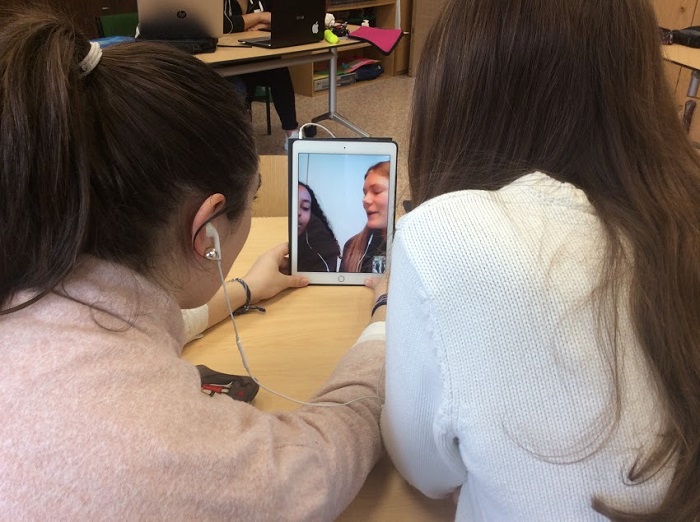
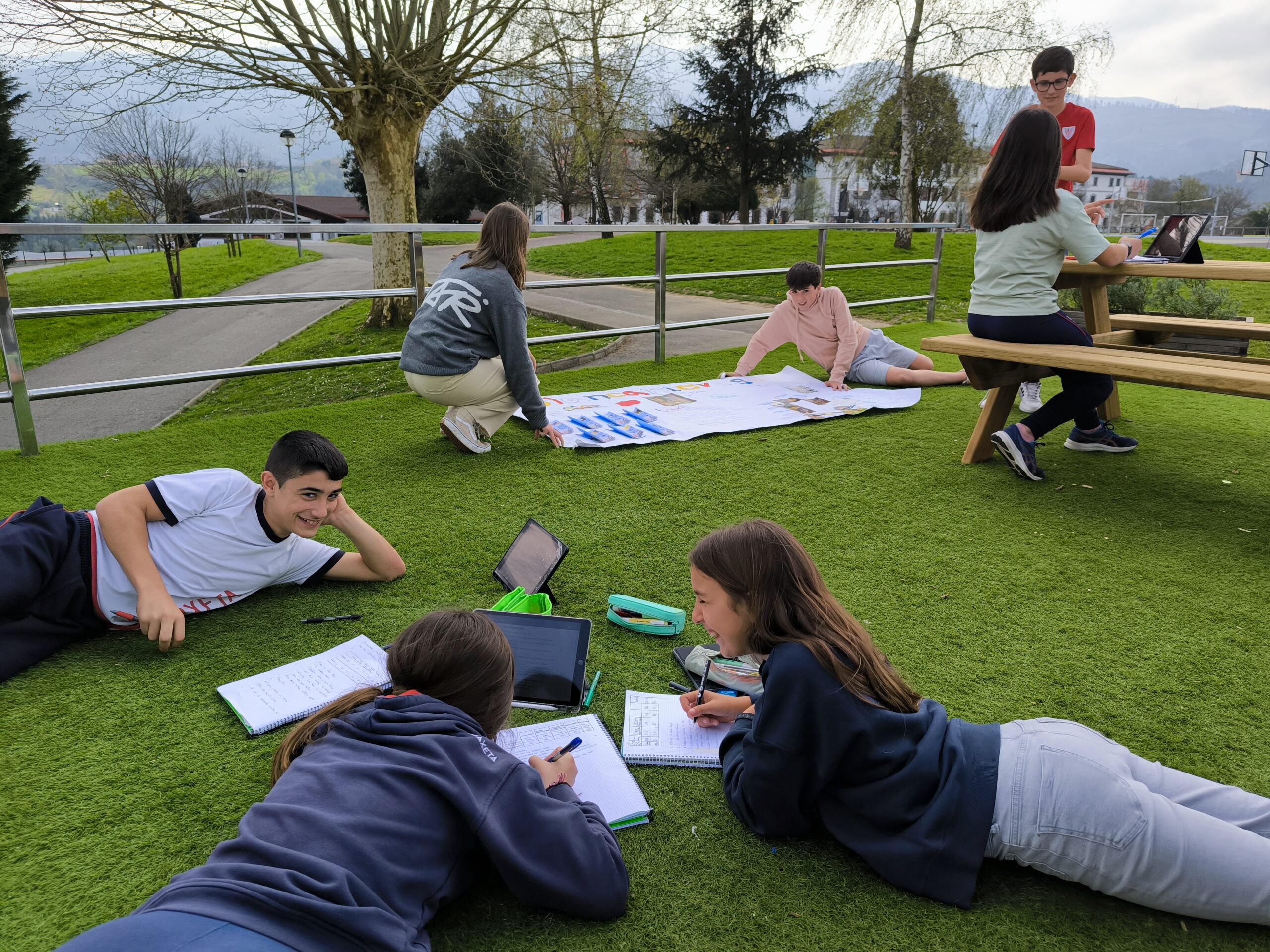
The students work collaboratively, with the group as a whole setting the goals to be achieved and organising their time and the scope of their work to meet the project goals established.
Sometimes the students work on a multi-disciplinary basis, as this enables them to tackle the projects they are set in a more meaningful and realistic way. Some of these projects cover all the topics pertaining to a particular field of knowledge, while others bring together all the subjects for the course (UDIN projects). Some examples are the Multiculturalism project (UDIN Secondary 1), the Sexual identity and gender diversity project (UDIN Secondary 2), the Smart Community project (UDIN Secondary 3) and the My Future project (Secondary 4).
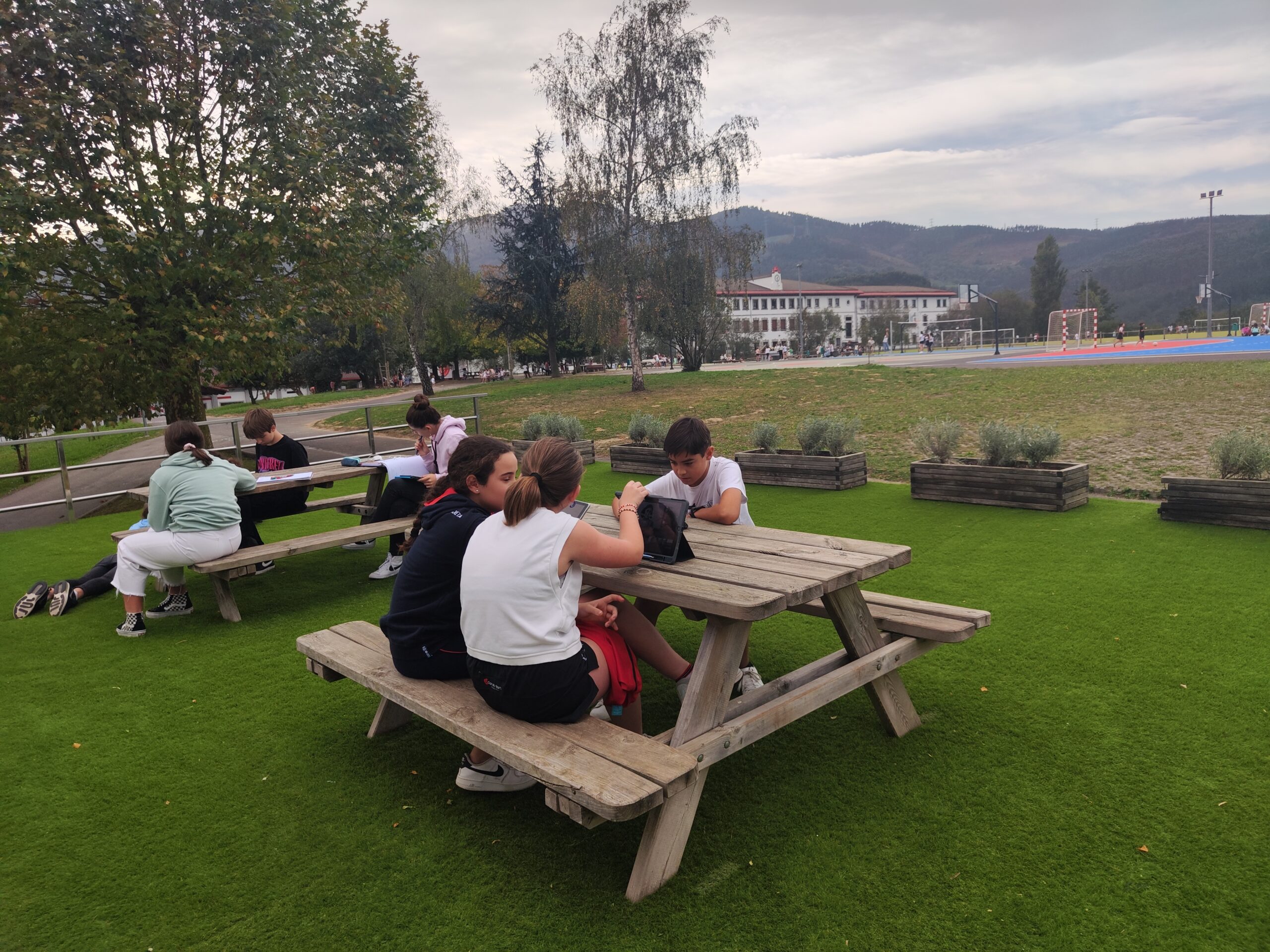
Gifted students are particularly skilled, and catering to their needs involves different elements, from suitable diagnosis to the right educational approach in the classroom. Also, different focuses are used to teach the subjects, with an open-minded and limitless approach so that these students can reach their full potential.
For two weeks every year, each student chooses the fields in which they would like to improve or develop their talent or explore it in greater depth. Students of different ages participate together in these workshops and they therefore have the opportunity of getting to know each other in a different way, becoming aware of the importance of cross-cutting skills and of deploying their talent to the full.
Each student creates their own learning portfolio based on the projects they have carried out, the progress they have made and how they wish to improve, developing their capacities and experiences and growing as a person.
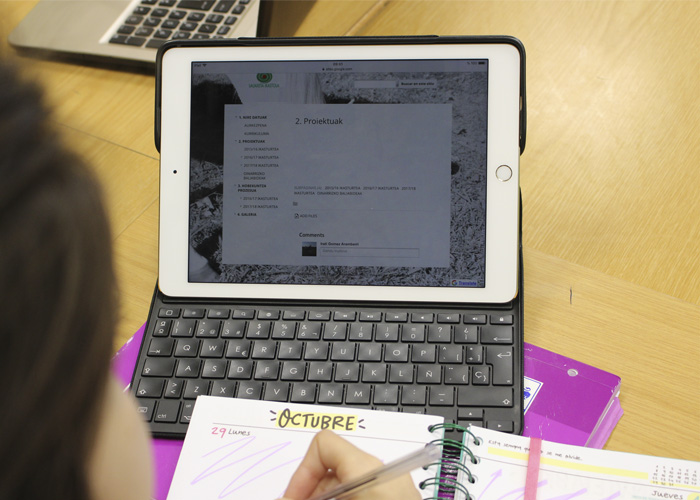
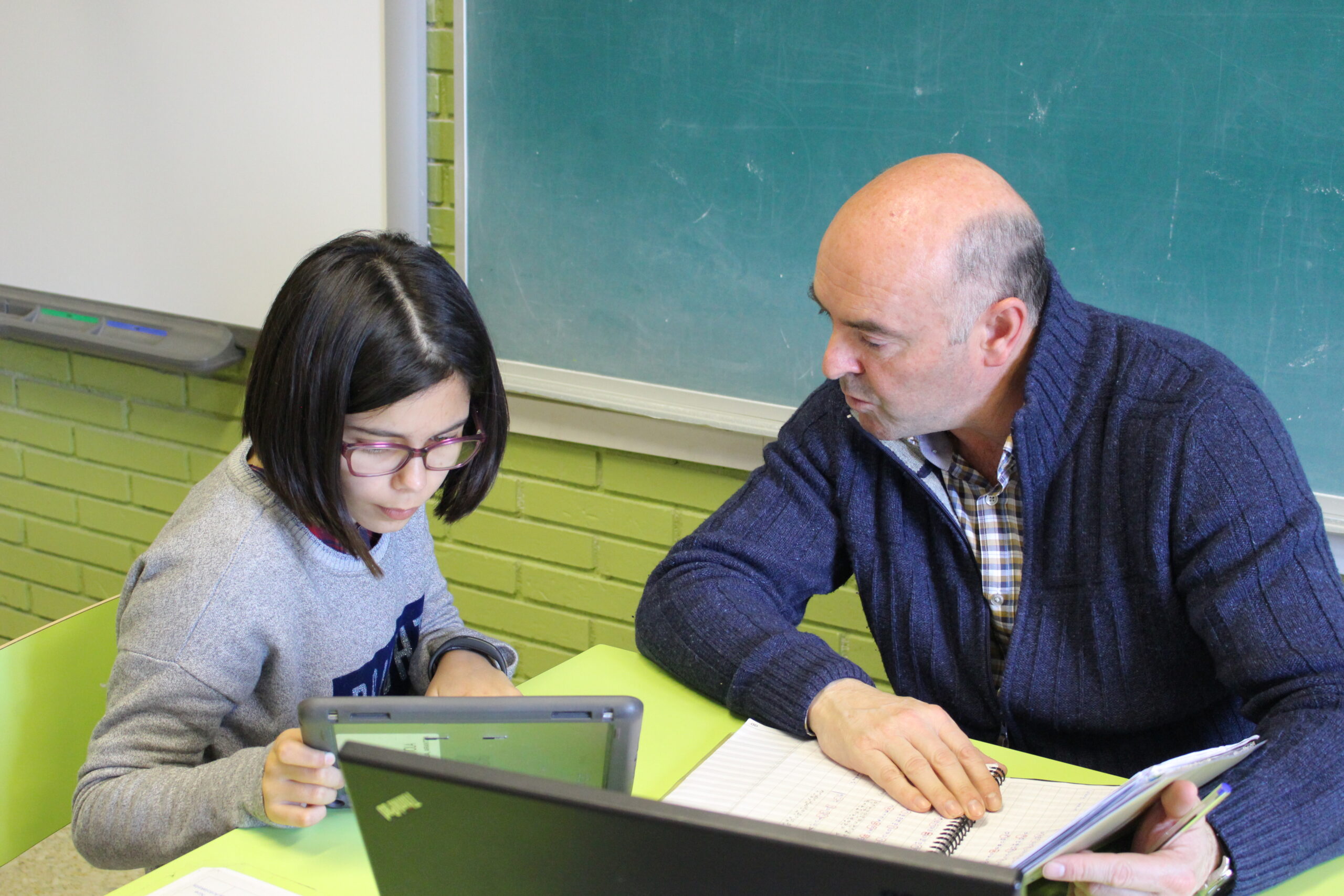
The Ikastola’s tutoring programme focuses on monitoring the students’ emotional development. Developing positive emotions, defining feasible goals and achieving them are the path to continuous improvement. We believe that academic and curricular success are more easily attained in positive emotional states, so we work on that aspect.
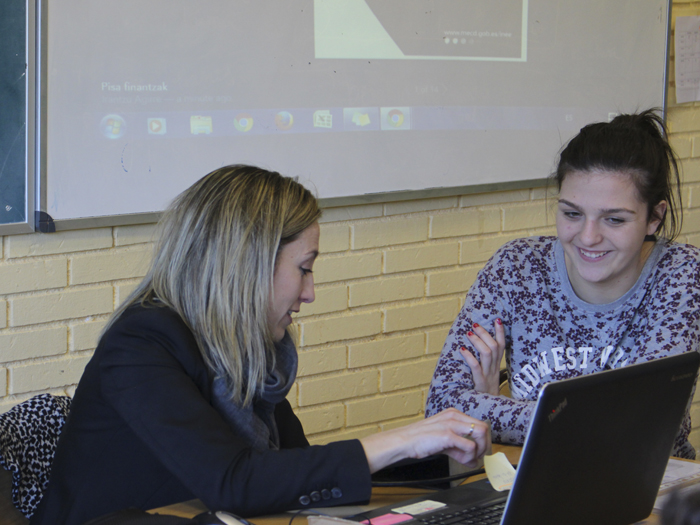
Communication and the exchange of opinions between the teacher and the student is vital to the process of learning and improvement, for developing skills and the assessment system as a whole. In addition to constant networking throughout the academic year, each student receives specific feedback three times a year on their strong points and areas for improvement.
All students are different. They all learn differently and it is therefore important to develop methodological and educational strategies to allow each one of them to make the best possible progress.
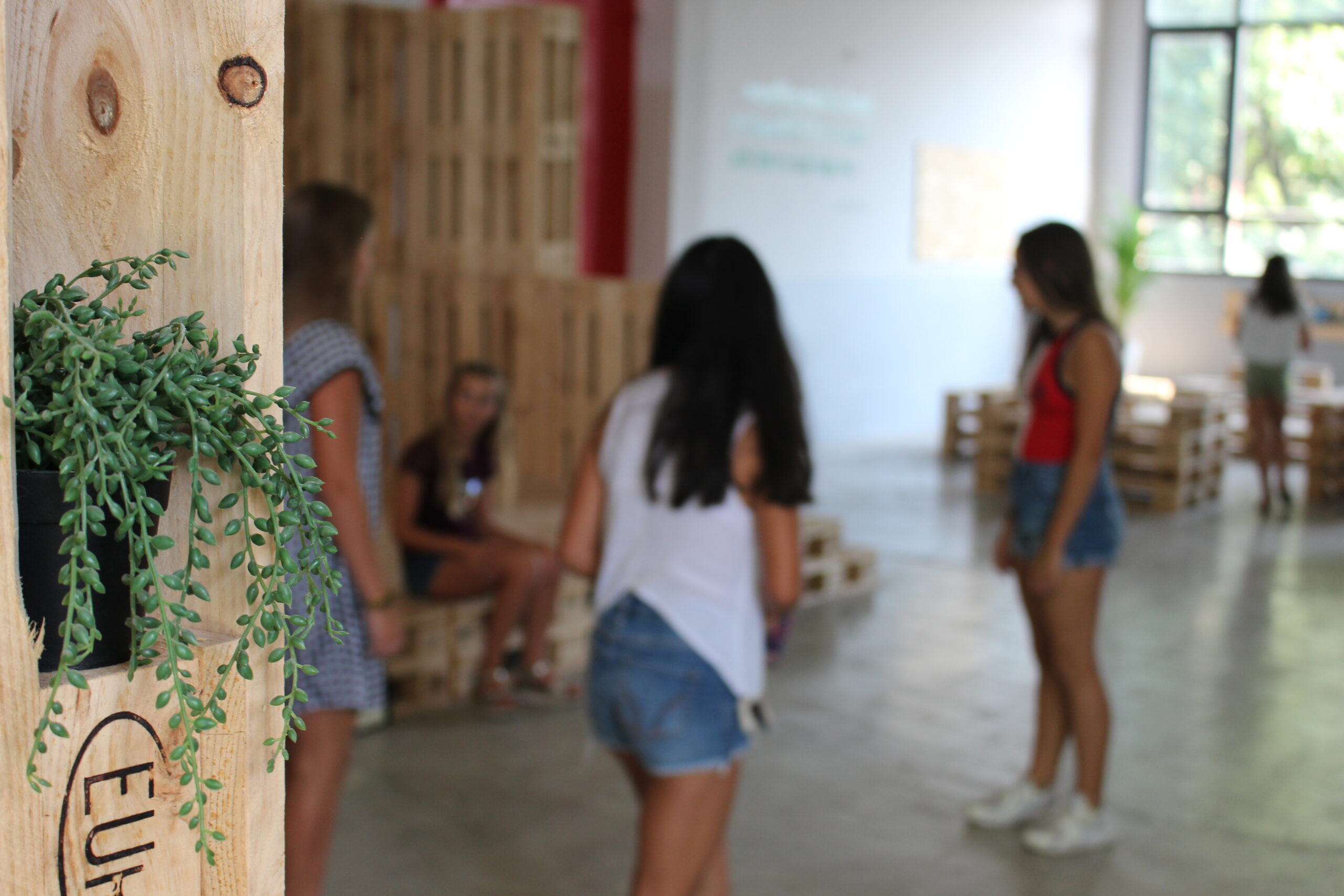
Reflection, emotional control, awareness of one’s own reality, self-control… These are all mindfulness strategies and techniques we develop with the students. Also, as no two students are alike, an array of different techniques and strategies are used so that they will all receive the experience that is best for them and feel comfortable about the future.
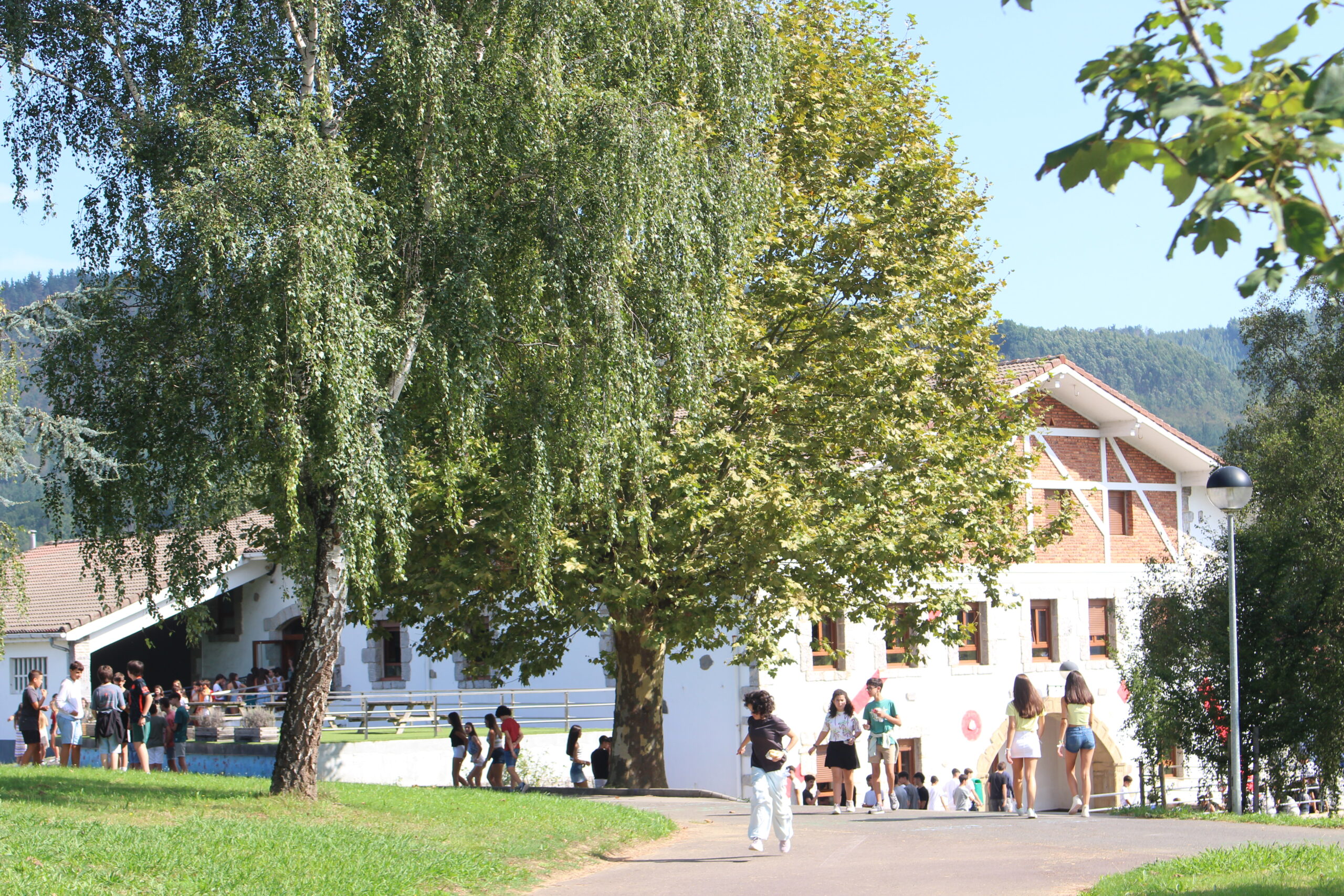
This is a role game invented in the US that develops negotiation, agreement, public speaking, strategy development and empathy skills. It is a learning project geared to understanding and experiencing the world of politics and it is played by students in the third year of secondary school. Either the whole class achieves the ultimate goal and wins the game, or no one does.
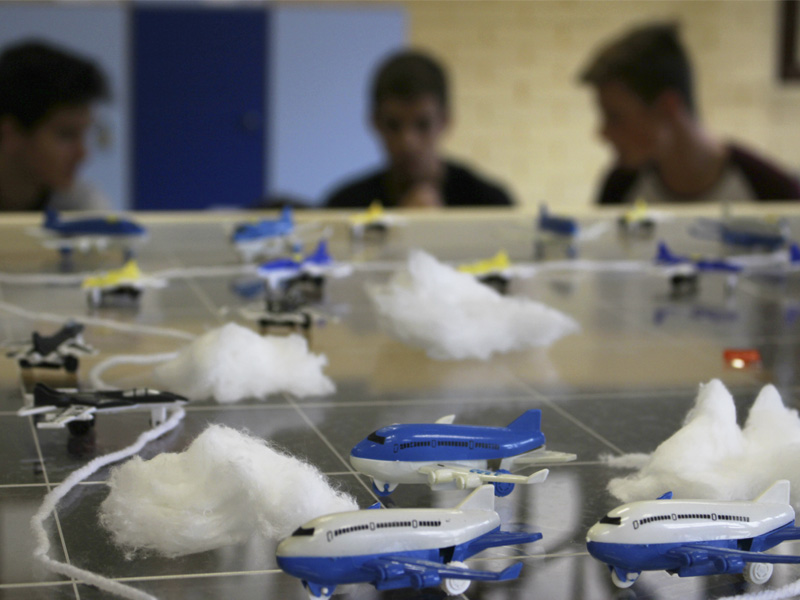
The UNESMUN programme is open to any students who wish to participate in it. This programme involves topics connected with politics and the social and world economy. In line with the United Nations model, it presents values such as debate, discussion, active listening and public speaking. A State-level event is held at the end of the programme, attended by all the students who have taken part. It is a deep and meaningful way of approaching the UN Agenda 2030 and the lines of work set out in the Sustainable Development Goals.
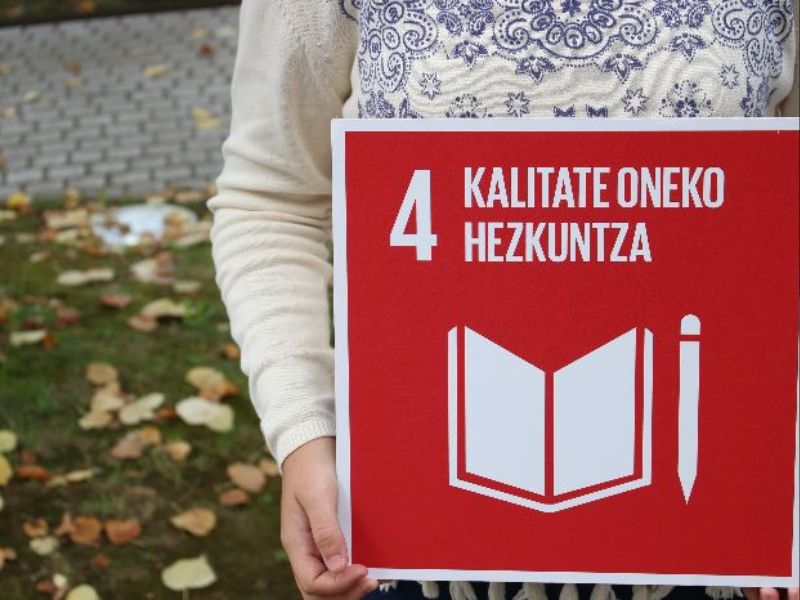
Research and experimentation are two of the main goals of science and the STEM subjects. The Lauazoka Science Fair is organised to enable the students to share this research and present it to an audience. It also functions as a “prelude” to the Elhuyar Science Fair and has become an important practice run for the students.
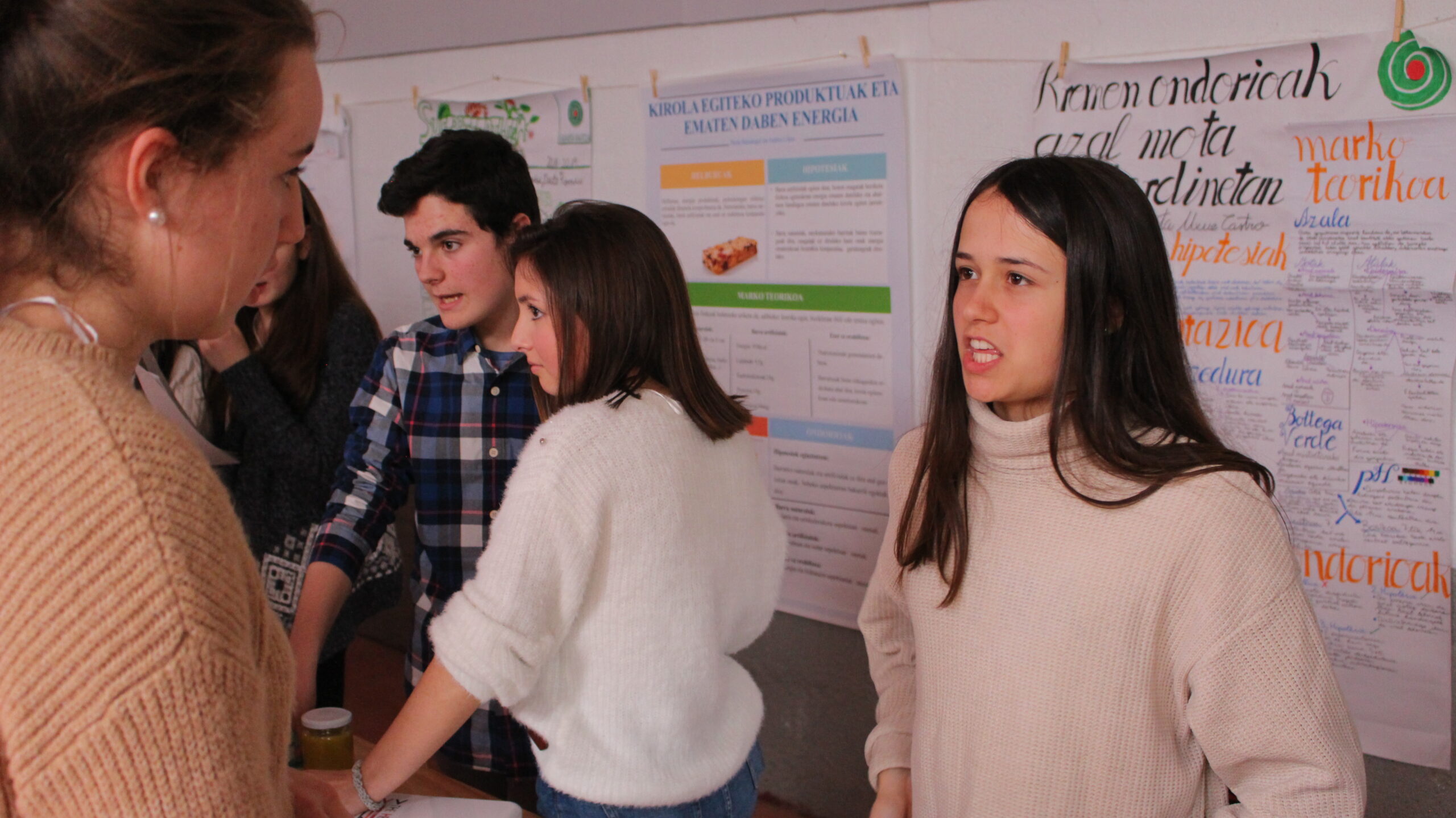
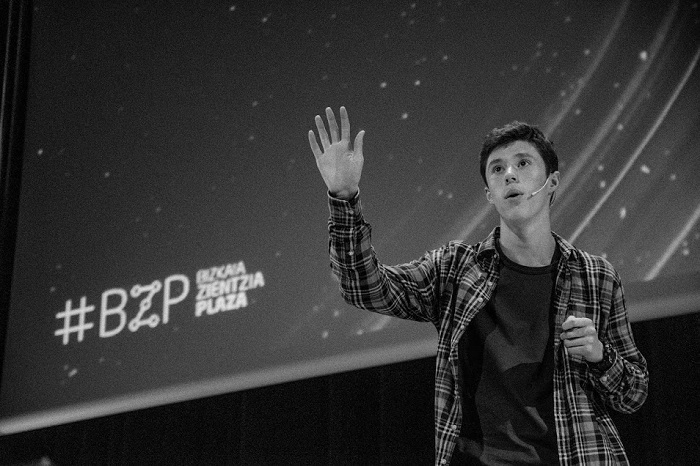
Experimental and experiential learning is the basis for the Lauaxeta Ikastola’s teaching of science subjects, along with continuous development of the scientific approach. The aim of studying science subjects is therefore to achieve meaningful learning through experimentation and use of the knowledge acquired. Specialist scientific experimentation and dissemination events are also held, to round off the students’ work on their scientific projects.
The students have the opportunity of receiving special training for carrying out in-depth research, and to disseminate and share the conclusions of this research they can participate in different forums and championships, including Inspira, Tea Time 4 Science, STEAM Day, the Science Fair, First Lego League, Elhuyar, Science in Action and Galiciencia.
Scientific knowledge is reinforced through the robotics and programming workshops, which help the students get to know the programming languages and study them in depth. They also realise the importance of logical, structured thinking. We run a special robotics workshop using LEGO Mindstorm robots, Arduino and other programming languages.
Use of the new technologies has a dual aim: firstly, to guarantee that the students develop responsible, respectful digital skills, and secondly to improve the quality of their learning process. On using technology, we are always clear about what we want to achieve and how and when we want to achieve it.
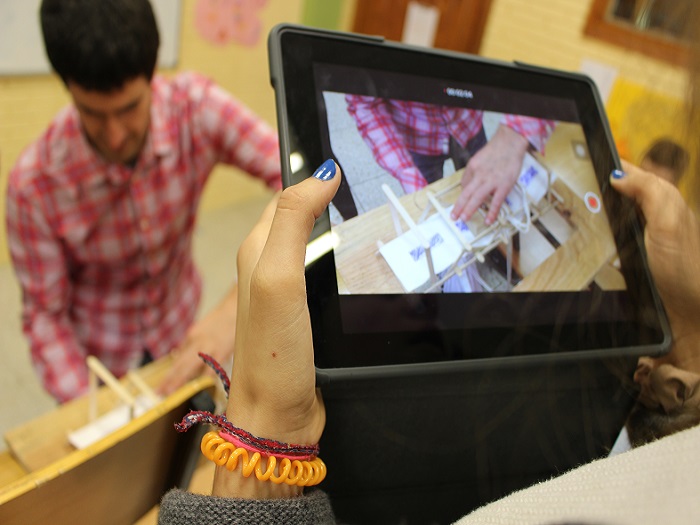
In the first and second years of secondary school (ESO) the students have two maths options: the standard course option and advanced mathematics, so that the students’ talent is developed while also catering to individual paces of learning.
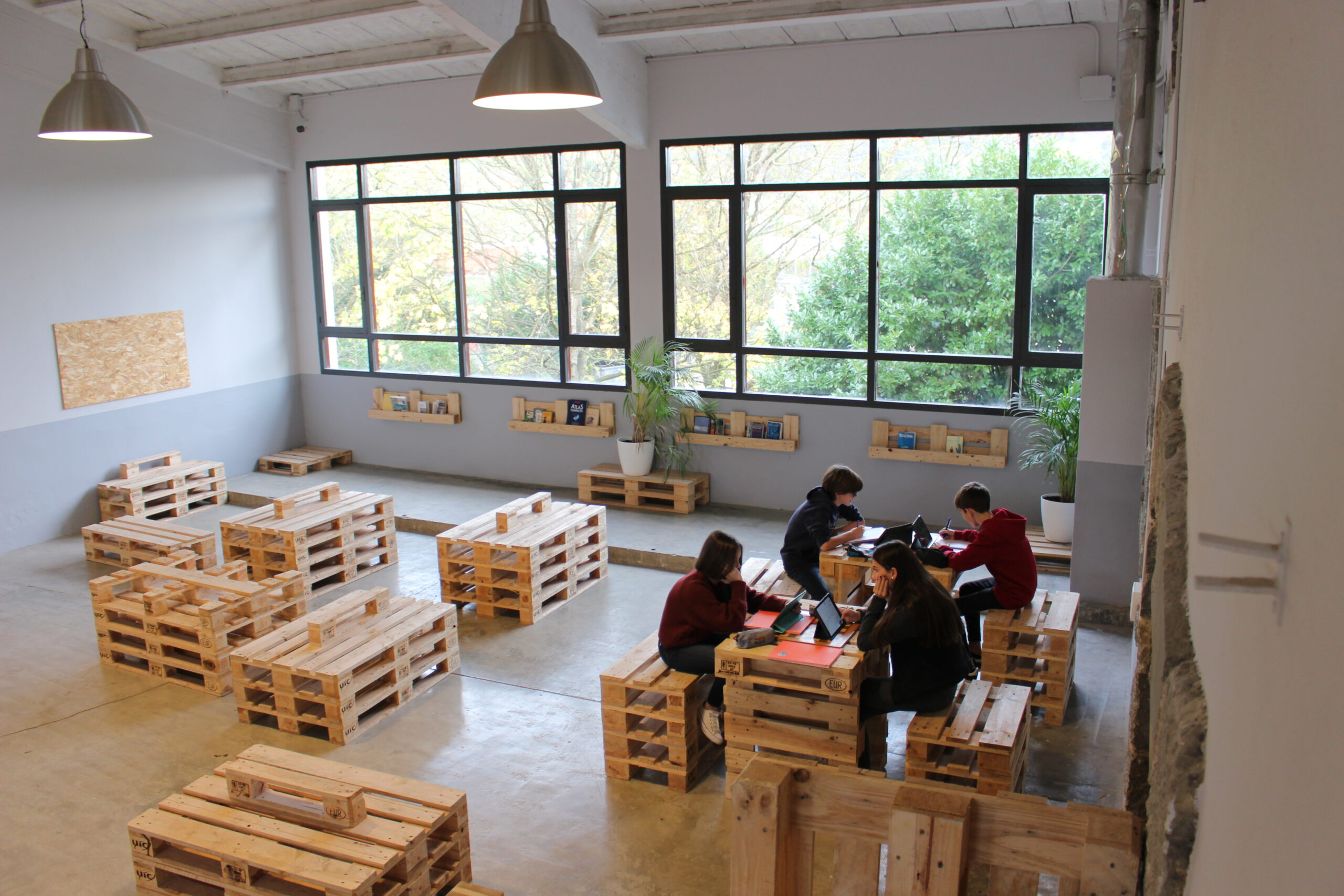
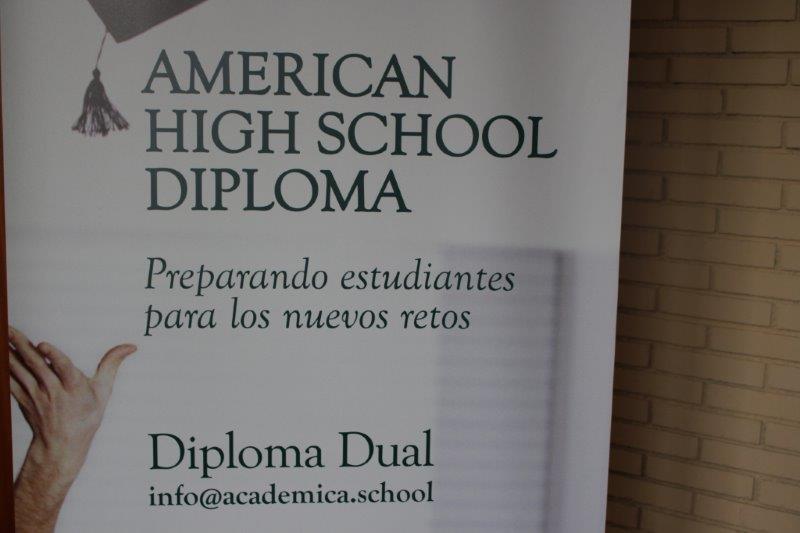
With this diploma, the student’s home country Baccalaureate is obtained (hands-on), together with a USA High School Diploma (online).
The programme has three main aims: linguistic, technological and personal immersion.
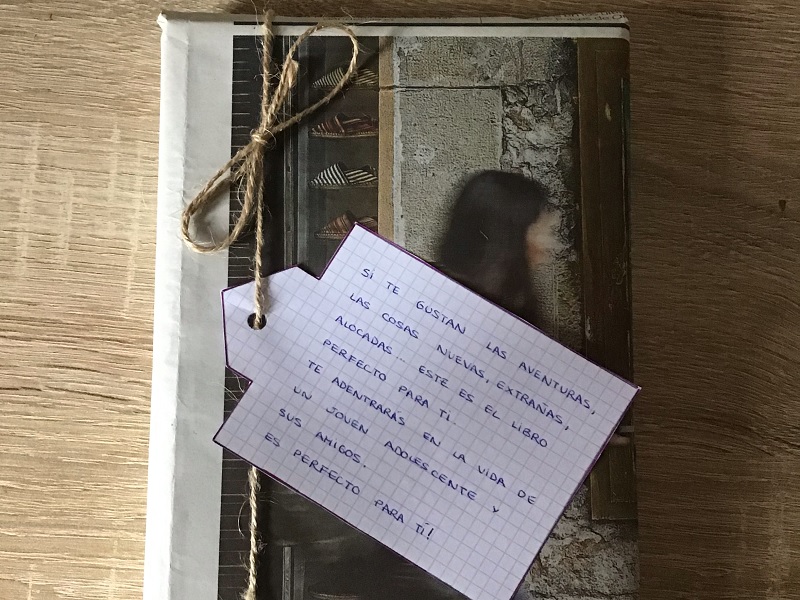
Literature has to be experienced first-hand. A taste for reading is developed through emotion, so we develop literary projects to give the students the chance to form an emotional association with the books they read. Literature and craft, literature and poetry, literature and history, literature and drama. Magic lives in books, as the saying goes, and the aim of these projects is for this magic to reach our students.
Each student acquires reading and comprehension skills by progressively creating their own reading portfolio, consisting of the books best suited to their tastes and interests.
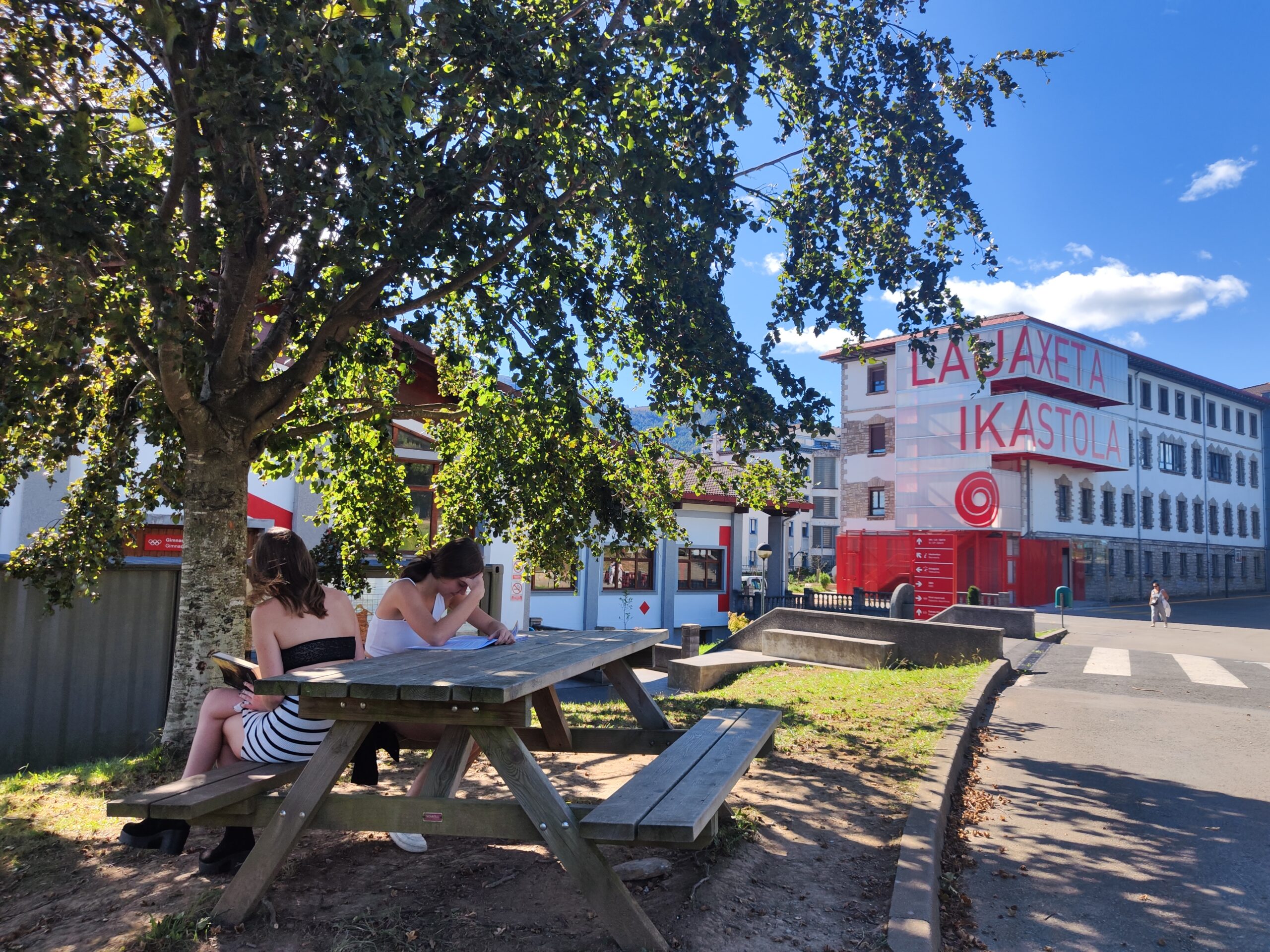
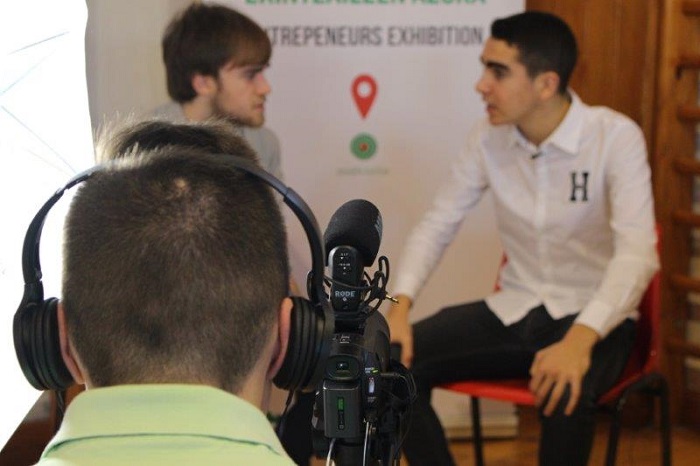
During their secondary and post-secondary education, the students carry out various projects involving filming and editing a related video. This helps them to acquire knowledge of professional recording and editing and to develop spoken and digital communication skills.
To aid in the students’ academic guidance, former students talk to them about their own study experience and academic career: what they learnt, what kind of skills they needed, what the difficulties were, where the most focus is required. These powerful and relevant accounts are much appreciated by the secondary school students as they help them open up own their path on choosing a career.
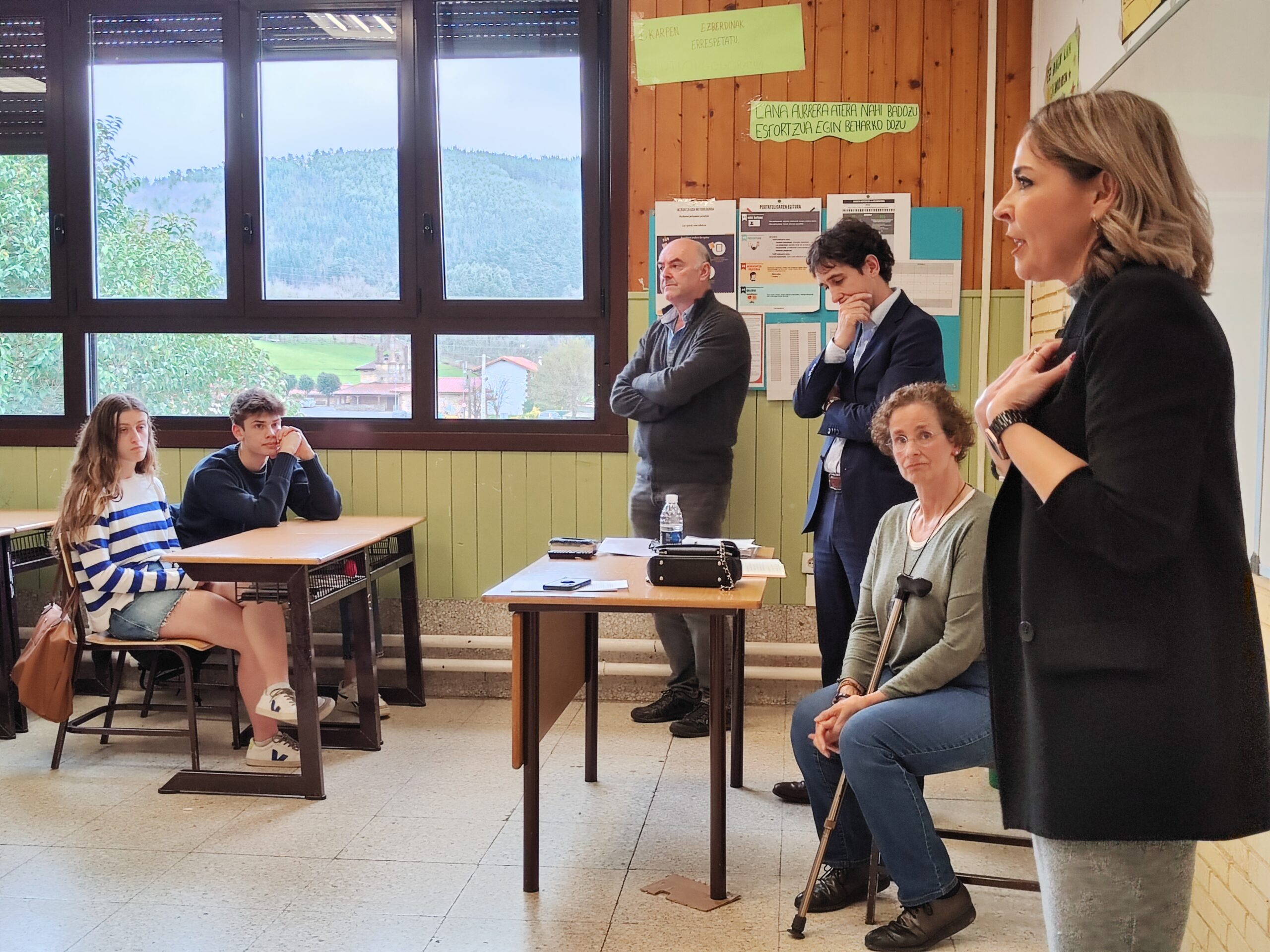
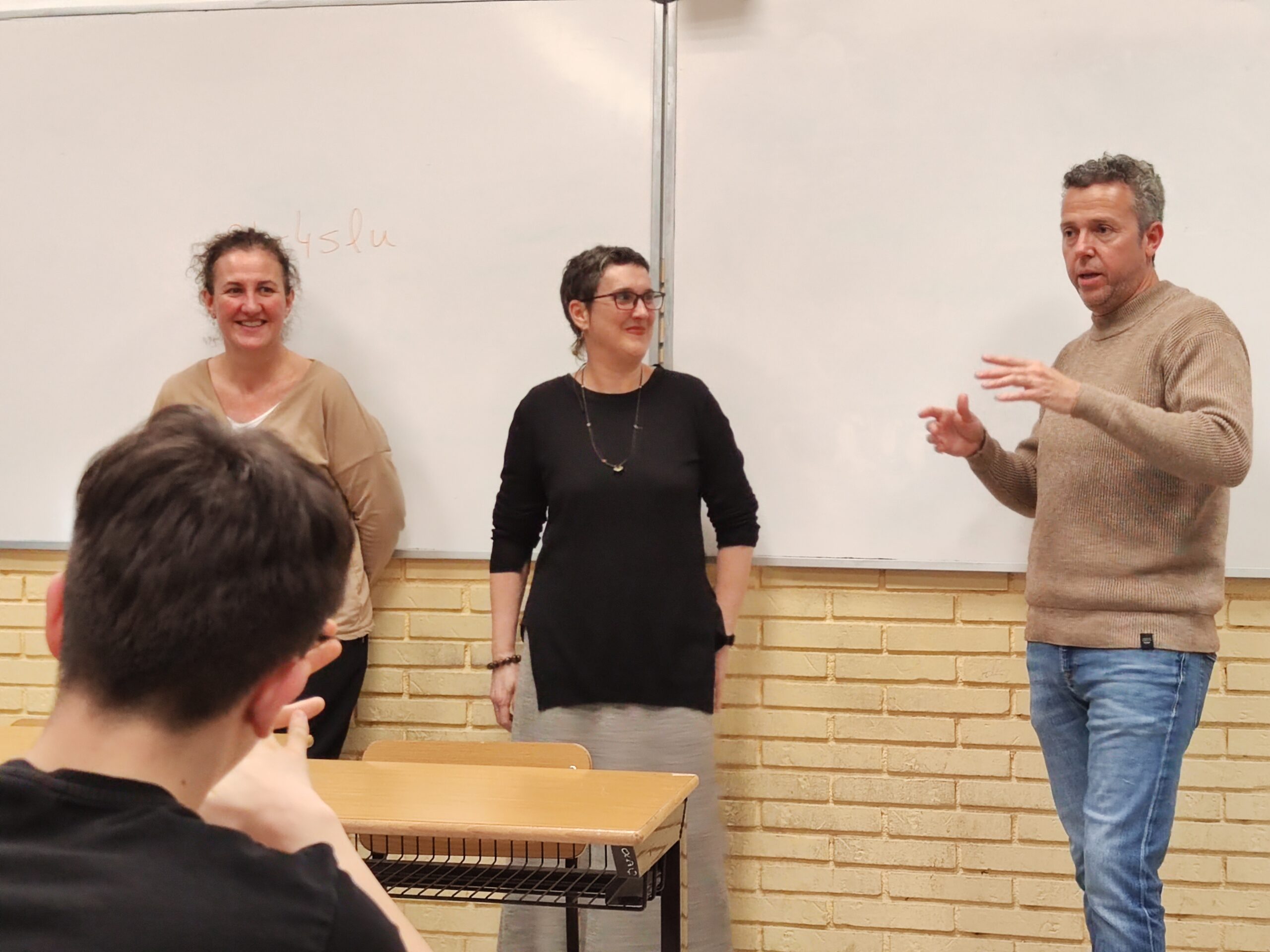
The classrooms are an open space for the families, and it is very meaningful for the students to see their parents as professionals. Doctors, engineers, cleaners, lawyers, fishermen… every job is important, and basic skills are vital to all of them. This learning process is not only meaningful for secondary school students: it is also a very enjoyable experience for the families.
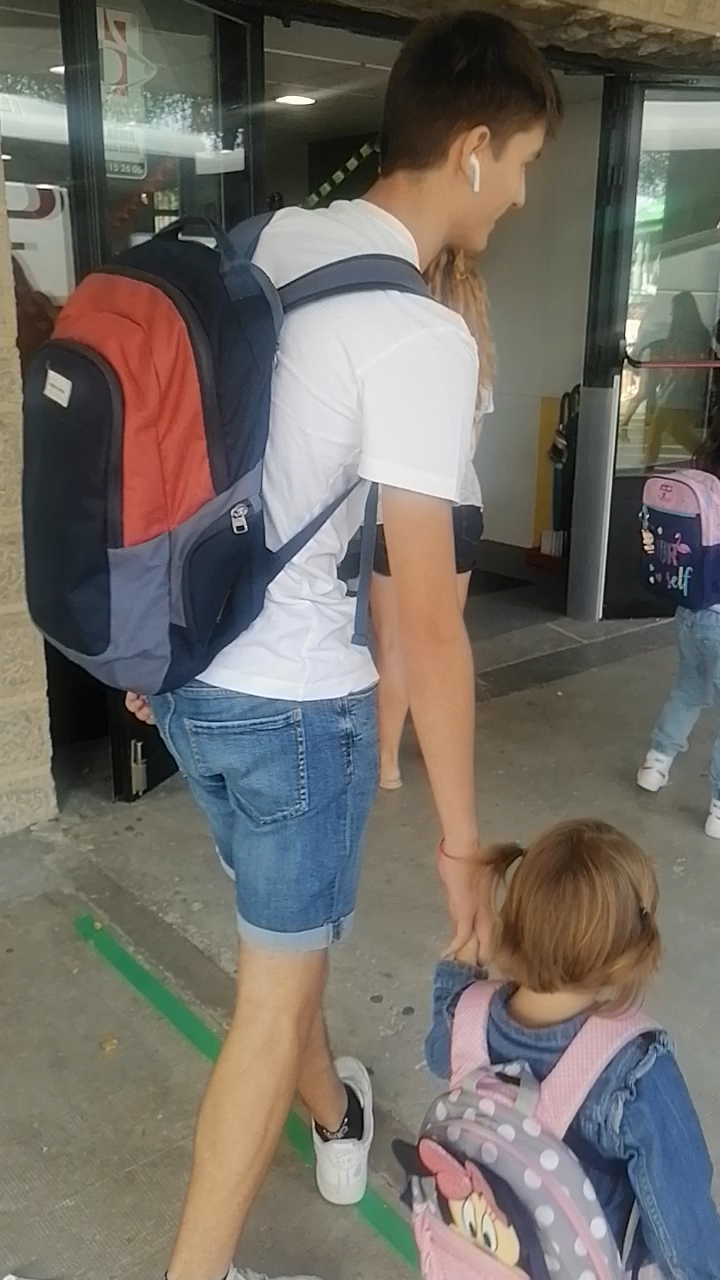
Any students who so desire can collaborate as helpers on the buses. This consists of the older secondary and post-secondary students accompanying the younger ones, both for getting on the school bus and for any needs they may have while on the bus or going from the bus to the school premises. This provides the youngest students with companionship, help and a positive example.